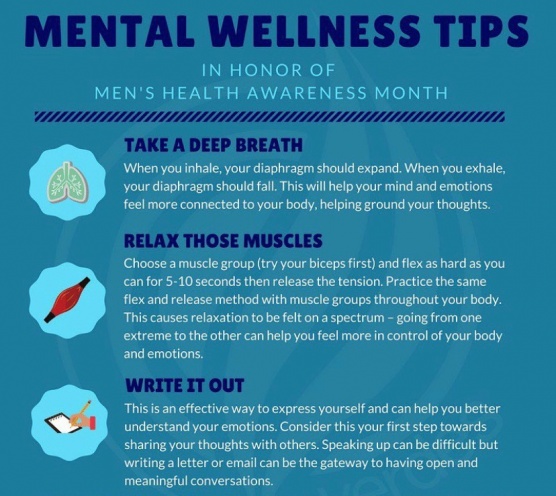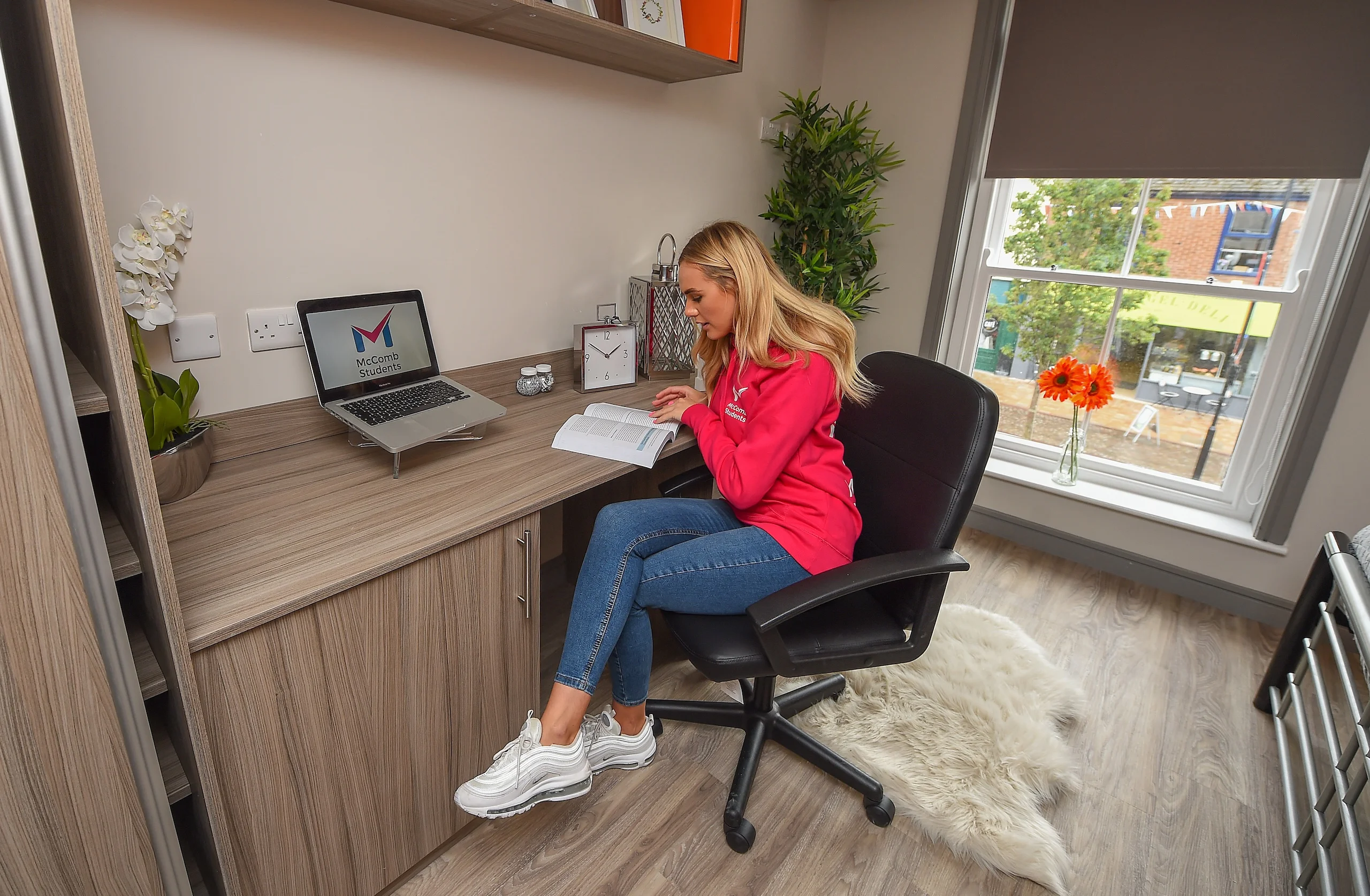November is men’s mental health awareness month. This is a campaign for anyone who identifies as male or a man and suffers from mental health issues.
Remember you are not alone; there is always someone willing to listen to you and support you, including us.
Reaching out to someone you trust and talking about your feelings is the first step.
Try using the ALEC Model to check in on your friends and family.
A- Ask:
Start by asking how they are feeling. If you have noticed any changes in their behaviour, even little things such as, if you have noticed they have gone quiet in the group chat, or if they are taking a long time to reply to messages or don’t reply at all. Use a prompt like, “You haven’t seemed yourself lately – are you ok?”.
L- Listen:
Give him your full attention. Let him know you are hearing what he is saying and not judging him. You don’t have to diagnose problems but just listening and asking questions will help. Everyone can have a few low days, but if they have been feeling this way for over 2 weeks they should definitely get in contact with their doctor.
E- Encourage Action:
Tell them to focus on the simple things that might improve how they feel. For example, are they getting enough sleep? (minimum of 8 hours a night), are they eating well and exercising regularly? Getting up and getting your body moving can impact how you feel significantly, try to set aside time 3-4 times a week to do some exercise (in your room as the gyms are all currently closed) whether it is, yoga, a HIIT workout, pilates, or taking a walk (make sure you put your coat on as its cold outside!) and you will feel so much better!
C- Check in:
Check in regularly, If you don’t live together use phone calls and FaceTime to talk. It may be useful to schedule a time each week when you are both free so you can give them your undivided attention.
There has always been stigma around mental health, with men in particular. Depression and suicide are ranked as the leading cause of death among men, and yet they’re still far less likely to seek mental health treatment than women. A lot of men may not want to admit that they have a problem as they might see depression or other mental health issues as a sign of weakness. But the type of thinking that men should always be strong and ‘masculine’ is outdated. Always reach out to a loved one or a professional, remember a problem shared is a problem halved.
If you need support, or want to learn more about men’s mental health, the below organisations are sources of further information and advice.
- CALM
- Samaritans
- Men’s Health Forum







